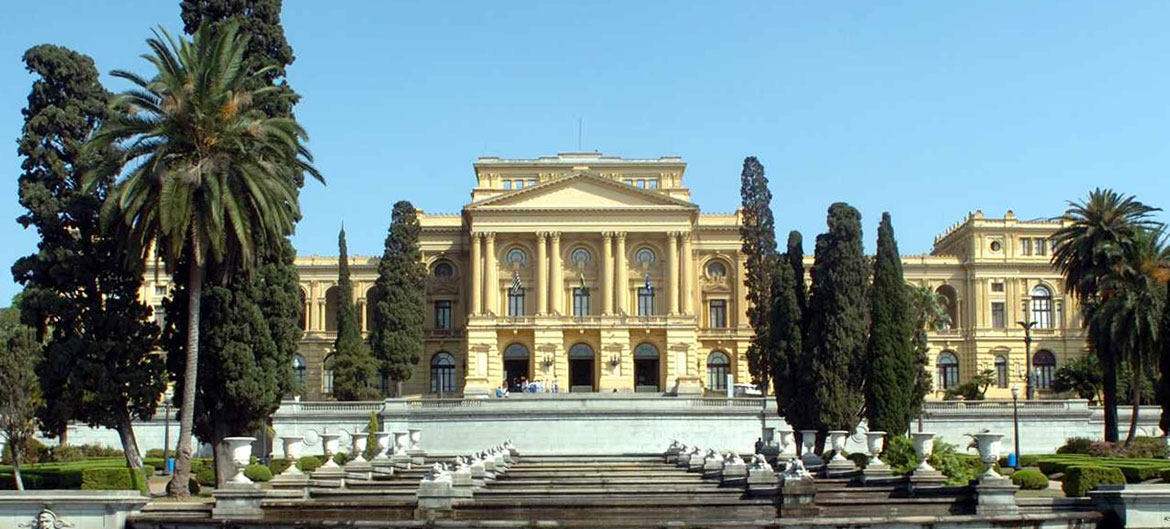University Of São Paulo Survey Shows Diversity Of Fields Of Action For Educommunicators
Created in 2011, the Educommunication course at the USP School of Communications and Arts (ECA) offers up-to-date training for students who seek to develop their critical skills by working with different media and communication means. As it is a degree, graduation opens doors for those who are interested not only in working with communication process management, but also in the area of education, such as in schools, for example.
As it is a young course – it is the second of its kind offered in the country –, there are still many doubts about the job market and the different possibilities of areas of activity for educommunicators. With that in mind, the Course Coordination Committee carried out a survey among graduates to map their profiles, their insertion in the job market, their socioeconomic aspects and their experience in the course.
Data collection took place through an online questionnaire, sent to former students during the first quarter of 2022. The collected data refer to the responses of 36% of former students and were transformed into graphs followed by brief analysis of the results.
The first aspect analyzed by the survey was age, with 66.7% between 22 and 29 years old, while 25% are in the age group of 30 to 35 years old. Cis women are also the majority, representing 62.5% of respondents. Another highlight was the racial issue, since 33.3% of the educommunicators who responded identified themselves as brown or black. According to Professor Claudemir Edson Viana, course coordinator, diversity has always been an important agenda for the degree in Educommunication. “Our course was the first, at the time of the creation of the quota law, to offer all possible quotas for blacks, indigenous peoples and brown people, the PPI. Today, the whole of USP reached the objective of having 50% of vacancies offered by quotas. This also helped to give another profile to the course and I believe in other courses as well”.
One of the aspects raised by the research concerns the time of work of graduates in the labor market.
Labor market
The second part of the research focused on entering the labor market and the advantages and challenges that training in an innovative degree, but still little known, can create in professional life. For professor Claudemir, “the educommunicator is a professional who comes to promote processes that lead people to have a more critical reading capacity of everything that is read in the world, not just what is present in the media”. Thus, there were several areas of activity identified by the survey: teacher, communication analyst, community manager, pedagogical advisor, innovation researcher and technician in educational resources were some of the professions presented in the responses. In addition, 54.2% of alumni work in companies with cultural or social involvement and 50% work in non-profit organizations.
“The educommunicator acts a lot in other forms of education that we call non-formal and informal. The non-formal doesn’t exactly have a curriculum: they are social, cultural, language, photography, filming projects, things like that, in which the educommunicator will help the team to explore a collective form of production. The informal is the media itself or an art space in which people do not necessarily intend to educate with their production, but end up educating indirectly.
The socioeconomic profile of the graduates was also evaluated. Among the responses, 79.1% claimed to have an individual monthly income of at least 2,100 reais, while 45.9% have an average monthly income above 5,100 reais. The survey also found that 66.7% have only one profitable job and 35% have two.
The research also analyzed the perspectives of the course in relation to the job market, in the opinion of the graduates
Course experience
The last aspect analyzed by the survey was the evaluation of the course experience. Most respondents noted that the classes were enjoyable and the teachers were aware of interesting topics. The responses also showed points to be improved with regard to insertion in the labor market, such as publicizing opportunities and creating events that facilitate this process. Even so, most believe that the knowledge obtained in the course is in harmony with their professional expectations, since there is agreement on the application of academic experiences in the job market.
The questionnaire also had an open section for comments, in case the interviewees had reservations, suggestions or information that could contribute to the analysis. Among the answers, there is an observation about the importance of extension and research activities promoted at the University, such as the Redigir Project, scientific initiation and the Educom Citizen Generation project.
For Marina Alencar, a first-year Educommunication student who helped carry out the survey, the survey was an opportunity to understand more about the course and the different possibilities for educommunicators in the job market. “We had the opportunity to create a form thinking about what were the issues that we not only had doubts about, but that were also relevant to know what points we are going to work on in the course. We’ve had some really interesting responses from people who work in many different fields. There are people working with audiovisual, in the Human Resources sector, in Technology and even jobs that we didn’t know”.

